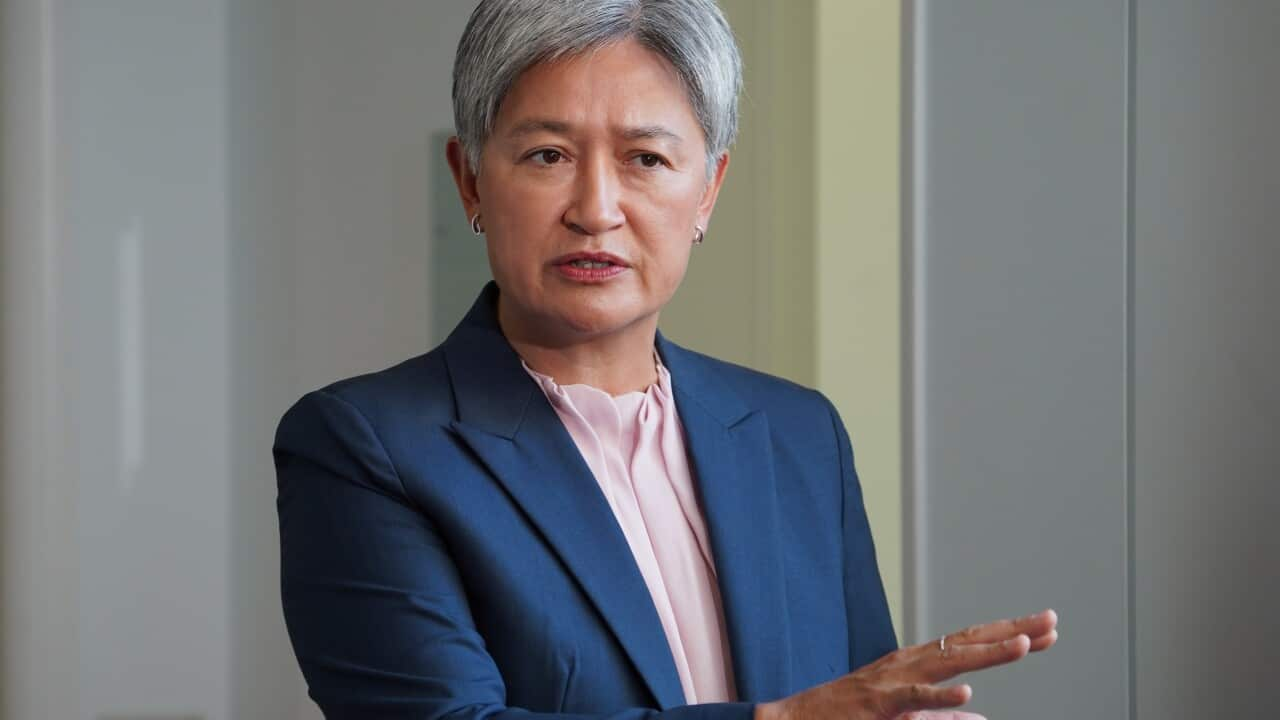TRANSCRIPT:
Apple customers in France are currently experiencing some disappointment.
The country's National Frequency Agency has ordered Apple to withdraw iPhone 12s from the market, saying testing has found it produced too much radiation.
The N-F-A says if the radiation levels aren't lowered, Apple will have to recall all the iPhone 12s which have been sold.
Users say they're not happy that the product may be unsafe.
"When I buy a product on the market it is supposed to be compliant with the levels of electro magnetic waves, or something like that and I suppose the regulatory level is sufficiently low level not to harm the health, so I think that in this case there may be it was a problem but when I buy a product on the market it is supposed to be safe."
So what are these standards?
France's frequency agency oversees public exposure to electromagnetic radiation.
France's Digital Affairs Minister Jean-Noel Barrot says the testing results came back with exposure levels that were higher than the European Union standard [[of 4 watts per kilogram]].
"The iPhone 12 was controlled, and I’m specifying the iPhone 12, because the iPhone 12 Pro and Pro Max are not concerned. The iPhone 12 was controlled at 5.7 watt per kilogram which is slightly higher than the limit but is largely inferior to the level that the scientific studies esteem, that there could be consequences for the user. But you see, the rules are the rules and when the National Frequency Agency esteems that a manufacturer has gone beyond the limit, my responsibility is to monitor that the decisions taken, that is to say the withdrawal from the sales market, are in fact applied."
Apple says it doesn't accept the results of the testing.
It says it's provided authorities with multiple lab results carried out both by the company and third-party labs proving the phone's compliance.
Still, Germany's network regulator has since said it might launch similar proceedings, and is in close contact with French authorities, while a Spanish consumer's group has urged authorities to halt sales of the phone in Spain.
So how does this relate to iPhone users in Australia?
Australia and France both abide by the same international standards - but experts say there's no reason for Australians who own an iPhone 12 to be worried.
The Australian Communications and Media Authority says it's aware of France's decision, and is looking at the testing methodology used.
But the regulator has emphasised there is no evidence the iPhone 12 is non-compliant with the international standard.
Associate Professor Ken Karipidis is the Health Impact Assessment Assistant Director at the Australian Radiation Protection and Nuclear Safety Agency.
He's explained how these standards are set, and why they're kept so low.
"The mobile phones emit what we call radio waves, right? It's not just mobile phones that emit radio waves, anything, all wireless telecommunication, so Wi Fi, radio, TV, all of those sorts of things. We take that level of 40, where you see health effects, and we'll put safety factors in that. And the reason why we do that is because there could be variations in the population. There could be uncertainty in the science. So we'll put a safety factor of 10 and we set the level of four and that becomes the limit."
The Professor says iPhone 12 users in Australia should not be worried.
"Health effects occur at more than 40 kilowatts, more than 40 watts per kilogram. So they occur at a much, much higher level. We do set the limits conservatively. There is nothing to worry about. Even if a phone was exceeding the limit, it wouldn't cause any health effects. There's nothing for Australians to be concerned about. The Australian Communications and Media Authority, which regulates telecommunications, require all manufacturers to test their phones before they're sold in Australia. So we don't believe that issue would happen here anyway."





